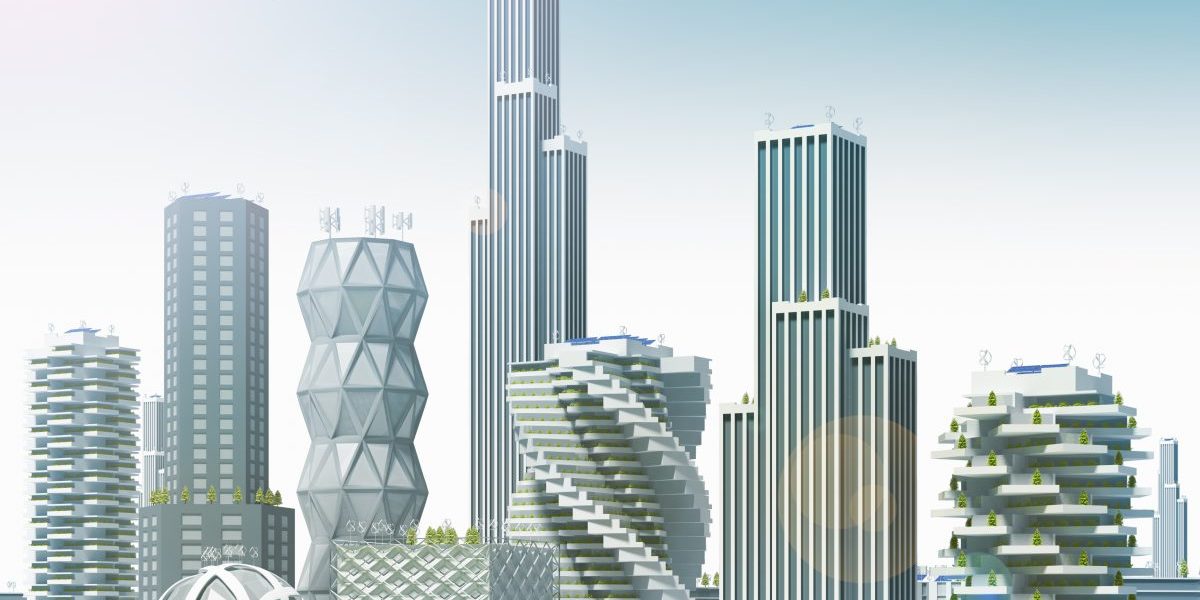Summary:
- SADC infrastructure is locked into long-term legacy patterns produced by colonialism, apartheid and hydrocarbon-based industrialisation.
- Historically, infrastructure development patterns in SADC have been informed by ecological, climatic and natural-resource endowments, as opposed to human-centric design or sustainability.
- Unless the pattern of conglomeration in SADC infrastructure changes, the future of the built environment is likely to perpetuate inequality, poverty and social depravation, as well as environmental degradation.
- The risks associated with climate change, as well as the incentives created by the clean and just transition, present opportunities for SADC policymakers, business communities and society at large to re-imagine infrastructure to be more resilient, regenerative and equitable.
- Three scenarios portray visionary alternative futures for approaches to green and regenerative infrastructure in SADC.
- Alternative pathways for infrastructure in SADC are likely to result in industry seeking new approaches to development and investment, either because of political will arising from eco-systemic shocks related to climate change-induced migration or as a result of emerging global standards and regulations (such as environmental, social and governance).
- A bottom-up citizens’ movement towards innovative, circular economies in local communities, underpinned by green infrastructure, represents a third transformational scenario.








